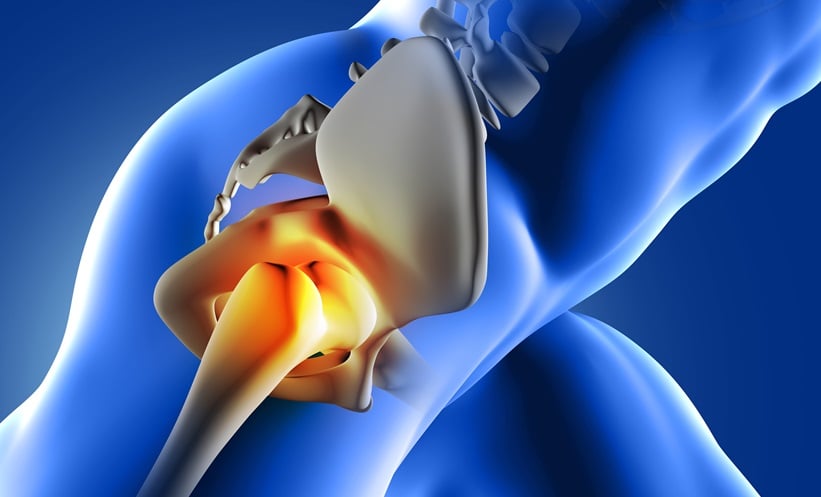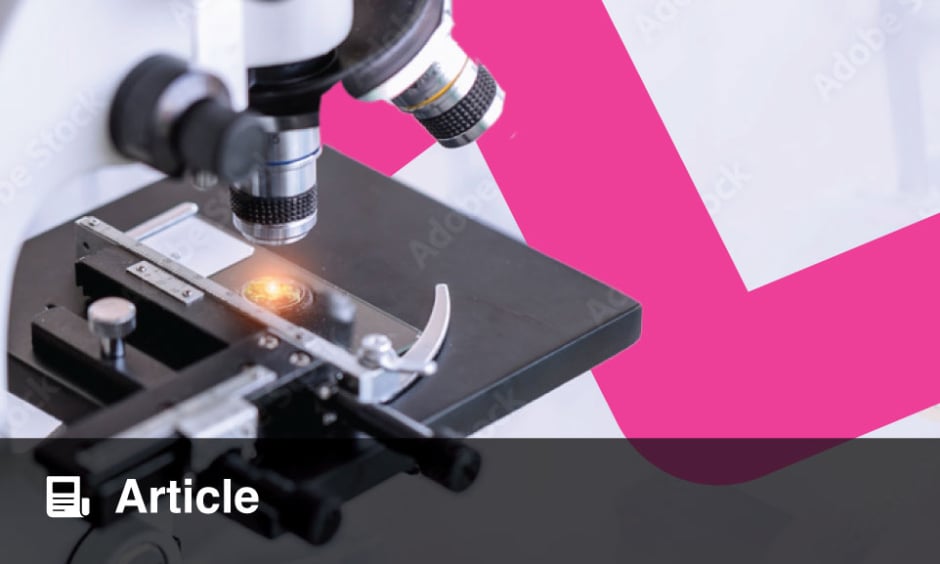BENEFITS of suppressive antibiotic therapy (SAT) may be limited, according to new research. SAT is a routine strategy for managing periprosthetic joint infections (PJI), but determining the optimal duration of treatment presents a challenge for clinicians, particularly when the implant is retained. The debate centres on whether indefinite antibiotic therapy or a fixed treatment duration is more appropriate.
In this study, the research team conducted a multicentre retrospective study to investigate the efficacy of SAT in managing PJIs. They assessed patients with acute PJI of the hip or knee who underwent debridement, antibiotics, and implant retention (DAIR) across centres in Europe and the USA. The study included 510 patients: 167 who received SAT and 343 who did not.
No significant association was found between SAT and treatment failure at 12 weeks (hazard ratio: 1.37; 95% confidence interval: 0.79–2.39). Subgroup analyses for specific joint, country cohort, and infection type showed no overall benefit for SAT; however, a secondary analysis focused on country cohorts revealed a potential trend towards benefit for patients in the USA (hazard ratio: 0.36; 95% confidence interval: 0.11–1.15); where it was determined that more than half of treatment failures occurred.
“Not all patients who undergo DAIR for PJI should receive indefinite suppressive antibiotic therapy after completing the initial 12-week treatment course,” said lead researcher Don Bambino Geno Tai, University of Minnesota Medical School, Minneapolis, USA. “The decision to prescribe long-term suppressive antibiotics should be made carefully, taking into account each individual patient’s specific characteristics and risk factors.”
While there was no clear advantage overall, SAT may be more beneficial for specific patient groups, particularly in regions with higher rates of treatment failure. Clinicians should carefully consider individual patient characteristics and risk factors before prescribing long-term suppressive antibiotics following the initial 12-week treatment course.
Reference
Tai DBG et al. Role of routine suppressive antibiotic therapy after DAIR for acute periprosthetic joint infections. Open Forum Infect Dis. 2024;DOI:10.1093/ofid/ofae216.








